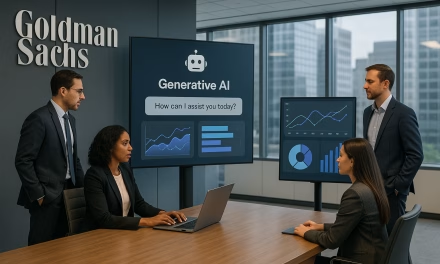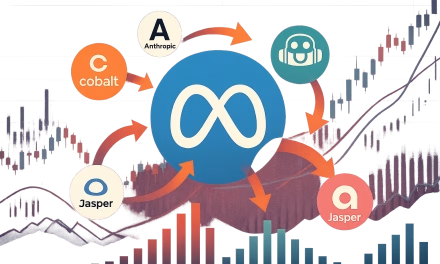The financial sector is undergoing a profound transformation, with Generative AI (GenAI) emerging as a pivotal force. Recent surveys indicate that a remarkable 91% of banking boards now have GenAI initiatives on their agendas, signaling a widespread commitment to integrating this advanced technology. This isn’t merely about enhancing existing analytical tools; it’s about revolutionizing financial operations through automation.
GenAI’s applications in finance are rapidly expanding. Imagine a 24/7 financial analyst capable of sifting through vast amounts of data, monitoring market sentiment, and providing actionable stock investment recommendations in mere seconds. This is the reality GenAI is bringing to the forefront. Beyond analysis, GenAI is being leveraged for automated accounting solutions, risk assessment, fraud detection, and personalized customer service, streamlining processes that were once labor-intensive and prone to human error.
The strategic implications for financial institutions are immense. Early adopters are gaining significant competitive advantages by reducing operational costs, improving efficiency, and enhancing decision-making capabilities. However, the rapid pace of adoption also presents challenges, including data security, regulatory compliance, and the need for a skilled workforce capable of managing and leveraging these sophisticated AI systems.
As major tech companies like Nvidia, Microsoft, and Apple continue to drive AI innovation, the financial industry must adapt swiftly. The focus is shifting from simply understanding data to generating insights and automating complex tasks. The financial revolution powered by Generative AI is not just about smarter analysis; it’s about building a more agile, efficient, and resilient financial ecosystem for the future.





